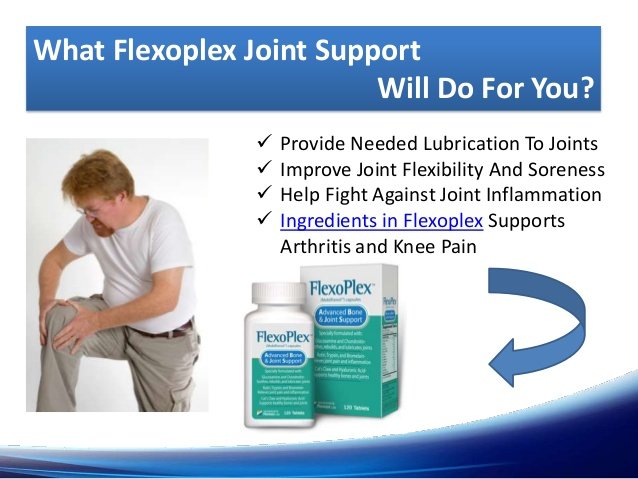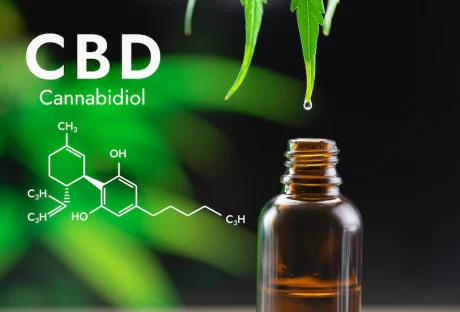It happens. Ever since we are young children we fight and have disagreements with our friends. As adults, people also get into situations that need to get resolved. These arguments can develop at home, in the office, with neighbors, and with mere acquaintances. However, grown-ups do not have parents or teachers who can intervene and make sure we all end up being friends again. That is where dispute resolution comes in. If you find yourself in the middle of a dispute, contact your personal injury attorney today.
What Is Dispute Resolution?
The phrase dispute resolution refers to the solution of conflicts, among which taking judicial intervention through courts is also an option. Fortunately, for anyone involved in a dispute that needs to be resolved, there are several avenues available to make sure a solution is found that does not involve going to court.
How Else Can Disputes Be Resolved?
Alternative ways to settle and adjudicate issues and disputes include different methods for dealing with a conflictive situation. Among them:
Negotiation
As the term implies, negotiation means taking with the opposite party with the aim of negotiating a solution to the conflict at hand. This means, getting together with the other party and working on an alternative solution that leaves both sides of the conflict satisfied.
Do you need a professional to intervene in a negotiation? Not necessarily. We all learn to negotiate with others as we go through life. Getting an extension for a paper we are not ready to hand in, means negotiating with your teacher. Giving your teenager permission to stay out past his allowed time is also another similar form of negotiation.
Obviously, the option of hiring a professional or a lawyer is always available, depending on whether the situation warrants it. One might also take courses to learn how to become a better negotiator.
Mediation
A mediator may be any person that the people in conflict ask to function as an intermediary in order to get the dispute resolved. If two brothers inherit some property from their parents and they do not see a way to divide it equally, they may hire a mediator to help them come up with an alternative solution that satisfies both parties and thus avoid ending their relationship forever.
Mediation is generally called for when negotiation has failed to produce the desired results. Also, some judicial courts may require certain legal cases be dealt with through mediation between the parties before the legal trial commences. Mediation may be expensive and the cost also needs to be decided between the affected parties.
Arbitration
When the above two options have failed, arbitration comes into play. In most cases, arbitrators are specialists in a precise area judiciary and legal settlements or in a specific industry, particularly in legal cases where the adjudicator need to thoroughly understand the legal subject at hand.
Arbitrators can be selected by a third party or both parties can choose their own arbitrator and both can discuss the situation together to come to a resolution.
Do You Need Help With A Dispute Resolution?
Your personal injury attorney in Orange County can help you find a solution that satisfies everyone. Your attorney may also suggest working with a mediator before filing a proper legal court case. And in cases where the other party insists on going to court, your personal injury attorney will be right there with you to find the solution that works best for you.
Read Also:






















